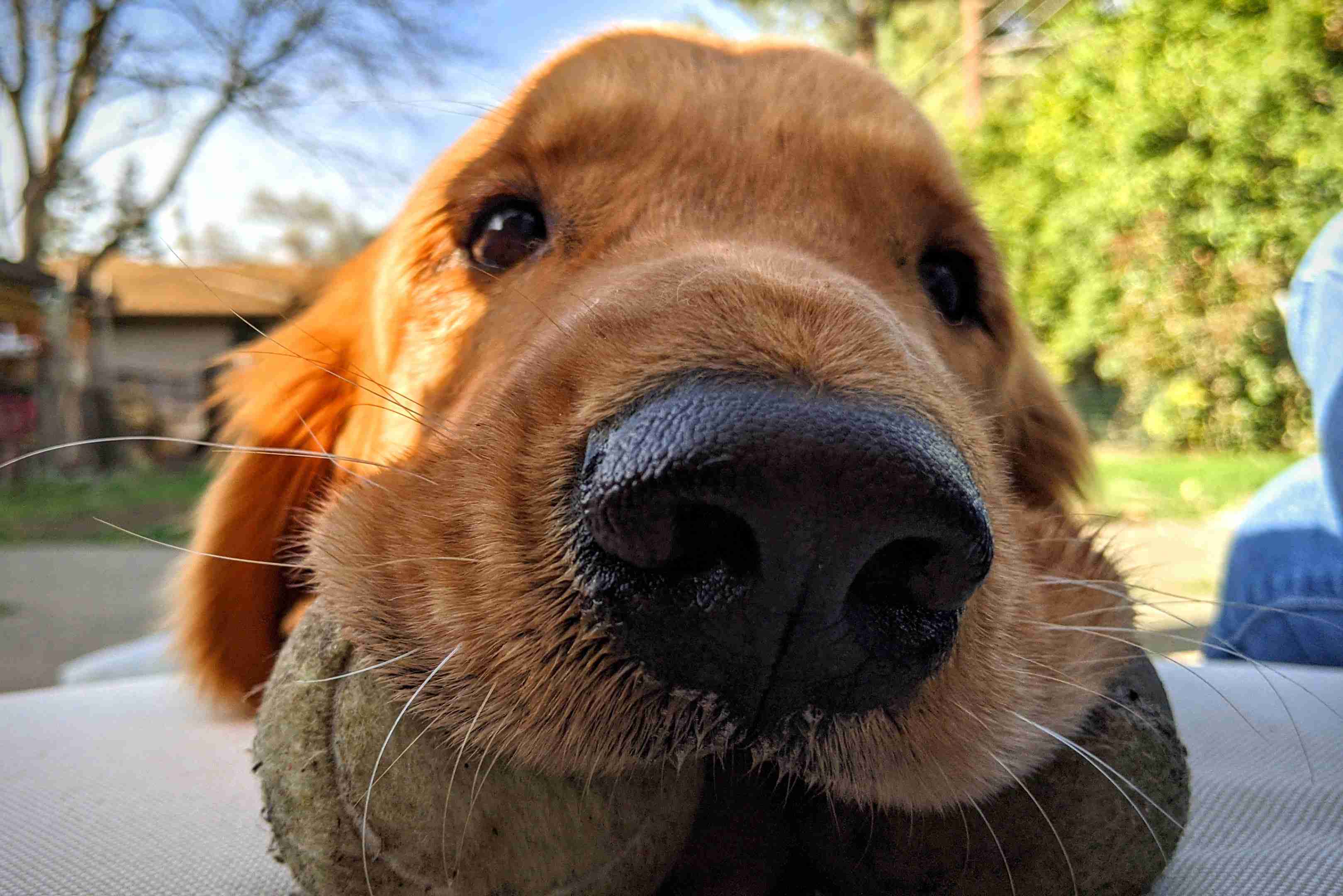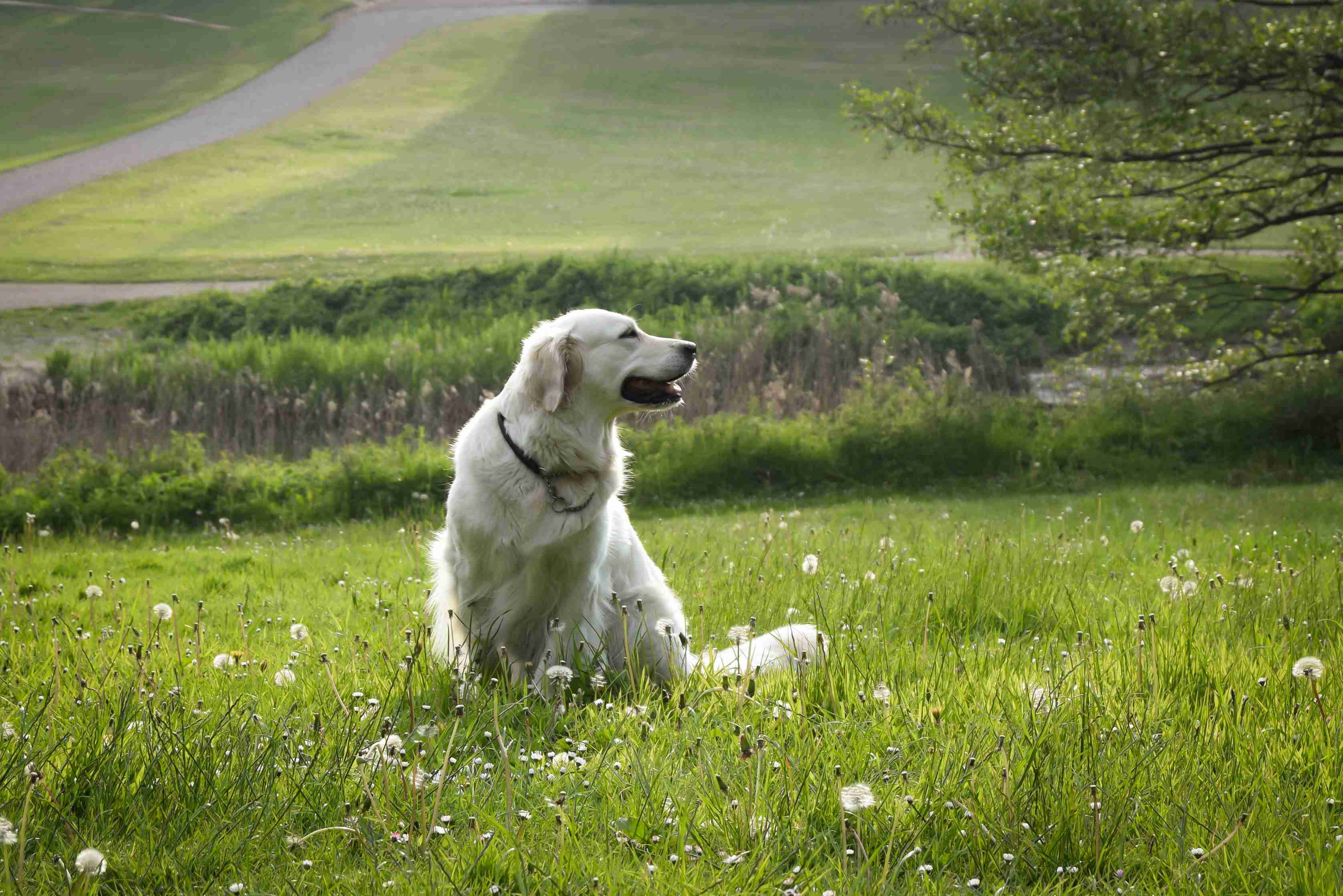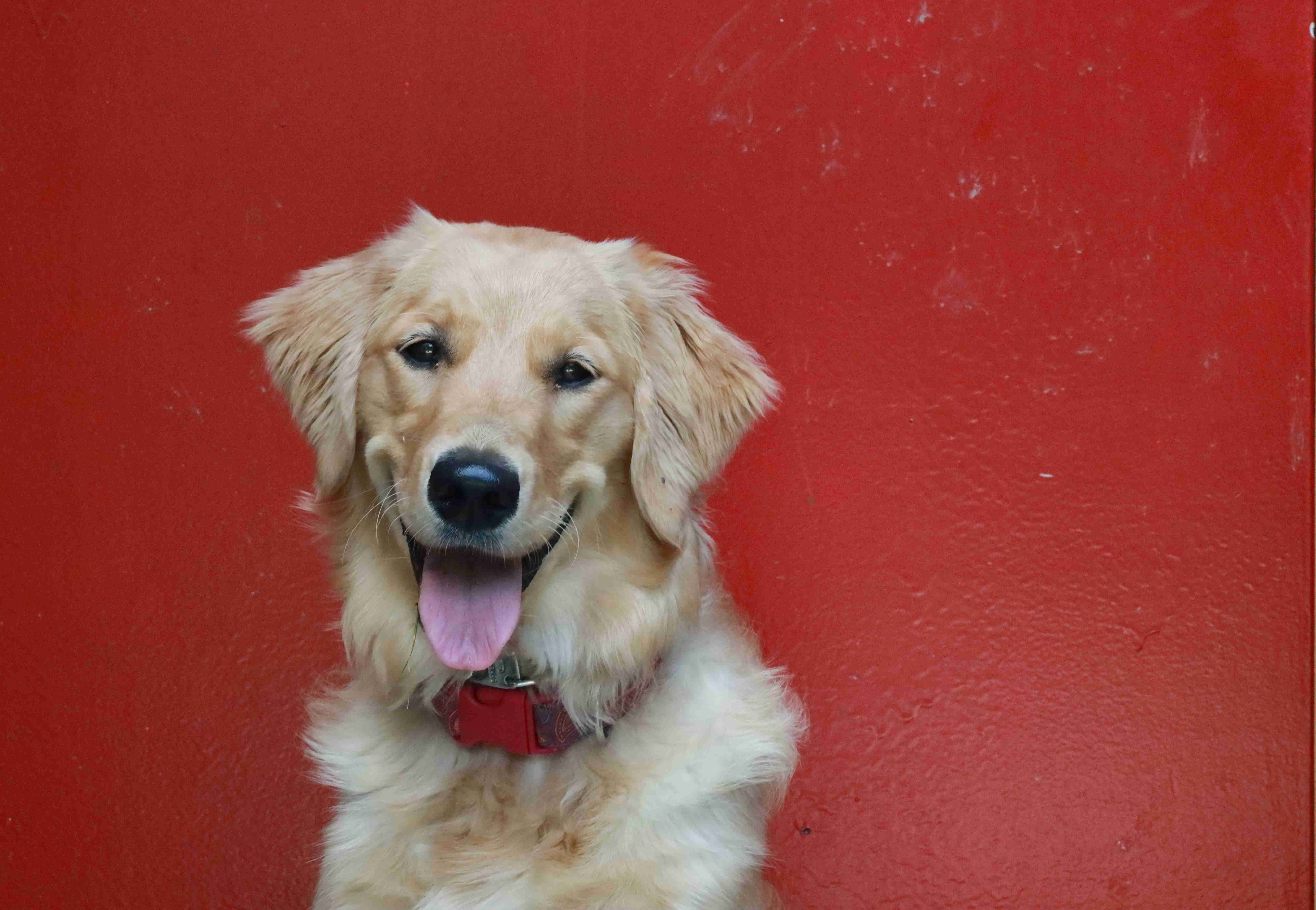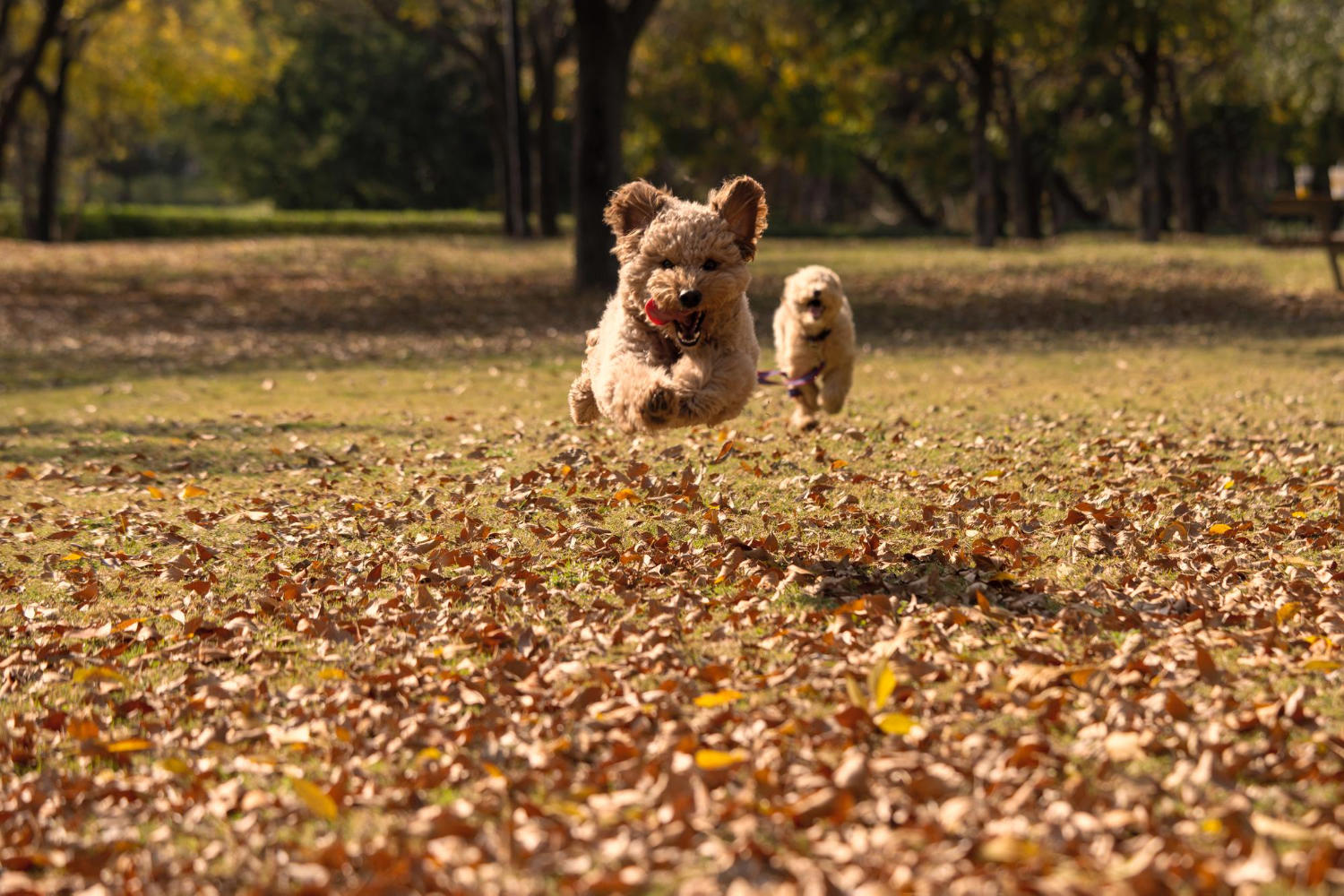As our furry friends age, their dietary needs change too. Senior Golden Retrievers are no exception. It’s important to ensure that they receive proper nutrition to maintain their health and well-being during their golden years. In this blog post, we’ll discuss the best practices for feeding a senior Golden Retriever, including tips on what to feed them, how often to feed them, and common health concerns to keep in mind. Whether you’re a long-time owner of a Golden Retriever or a new pet parent, this guide will provide you with valuable insights on how to keep your furry friend healthy and happy in their later years. So let’s dive in!
As our pets age, their nutritional needs change. Senior Golden Retrievers, in particular, require a specially formulated diet to maintain their health and wellbeing. Here are some best practices for feeding your senior Golden Retriever:
1. Choose a high-quality senior dog food: Senior dog foods are specifically formulated to meet the nutritional requirements of older dogs. They contain lower levels of calories and fat to help maintain a healthy weight, and higher levels of vitamins and minerals to support their immune system. Look for a dog food that contains high-quality proteins, such as chicken, fish or lamb, as well as complex carbohydrates like sweet potatoes and brown rice.
2. Avoid overfeeding: As dogs age, they become less active and require fewer calories. Overfeeding can lead to obesity, which can cause a range of health problems such as joint pain, diabetes and heart disease. Be sure to measure your dog’s food portions and limit treats to prevent excess weight gain.
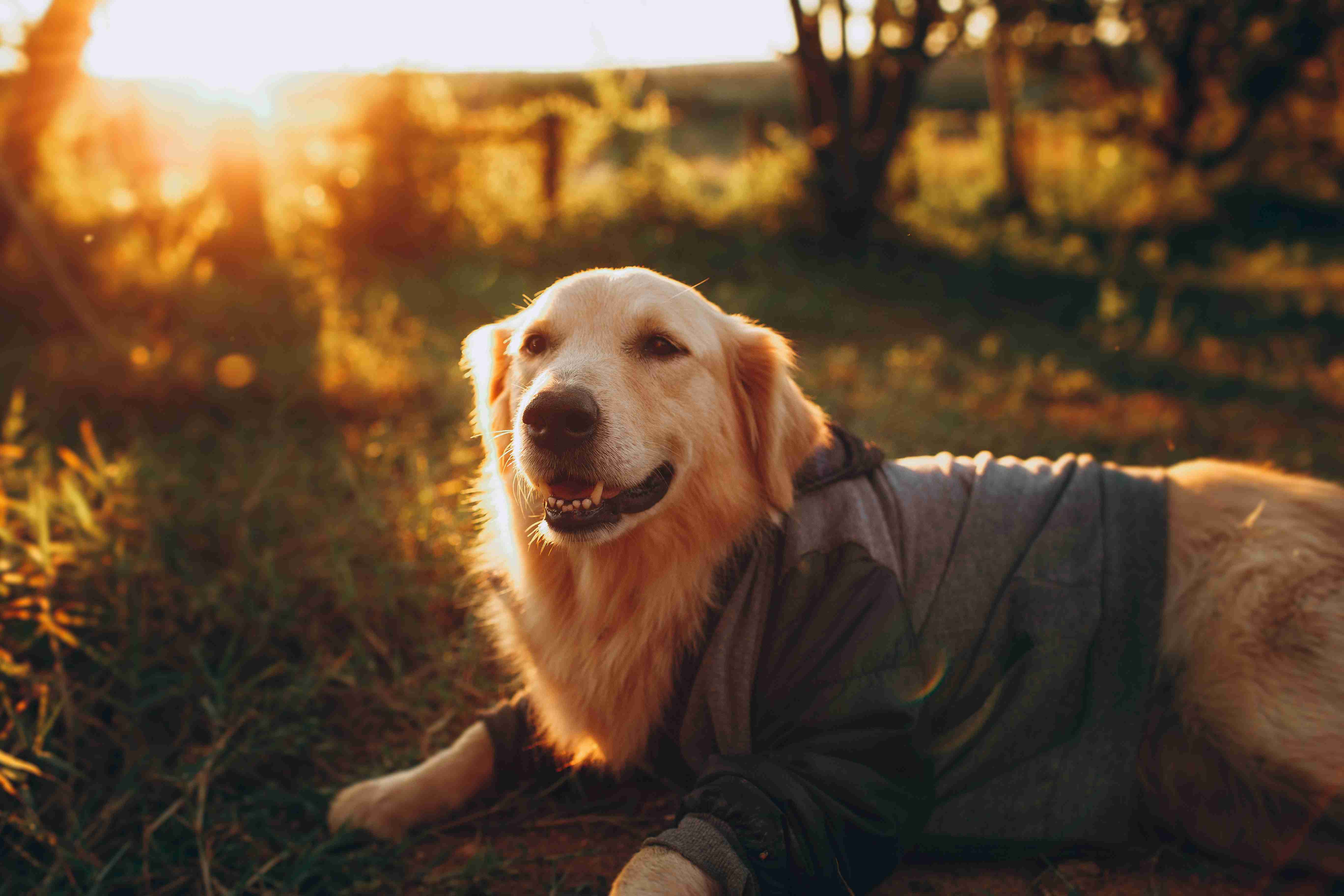
3. Provide plenty of water: It‘s important to ensure your senior Golden Retriever has access to fresh, clean water at all times. Dehydration can cause serious health issues, especially in older dogs. Consider adding wet food to your dog’s diet to increase their water intake.
4. Consider supplements: Older dogs may benefit from certain supplements, such as glucosamine and chondroitin, which can help maintain joint health. Talk to your veterinarian about which supplements may be appropriate for your dog.
5. Monitor your dog’s weight and health: As your dog ages, it’s important to keep a close eye on their weight and overall health. Regular visits to the veterinarian can help detect any health issues early on, and adjustments to their diet can be made accordingly.
feeding a senior Golden Retriever requires careful consideration and attention to their changing nutritional needs. By choosing a high-quality senior dog food, monitoring their weight, providing plenty of water, and considering supplements, you can help ensure your senior dog stays healthy and happy in their golden years.
Feeding your senior Golden Retriever requires some extra care and attention, but it’s worth it to help them live their golden years to the fullest. By following these best practices, you can ensure that your furry friend is getting the nutrition they need to maintain a healthy weight, strong muscles and joints, and a happy disposition. Remember to consult with your veterinarian to come up with a feeding plan that is tailored to your dog’s unique needs. With a little bit of effort and love, you can help your senior Golden Retriever stay healthy and happy for years to come.




